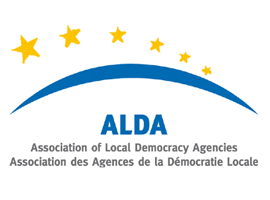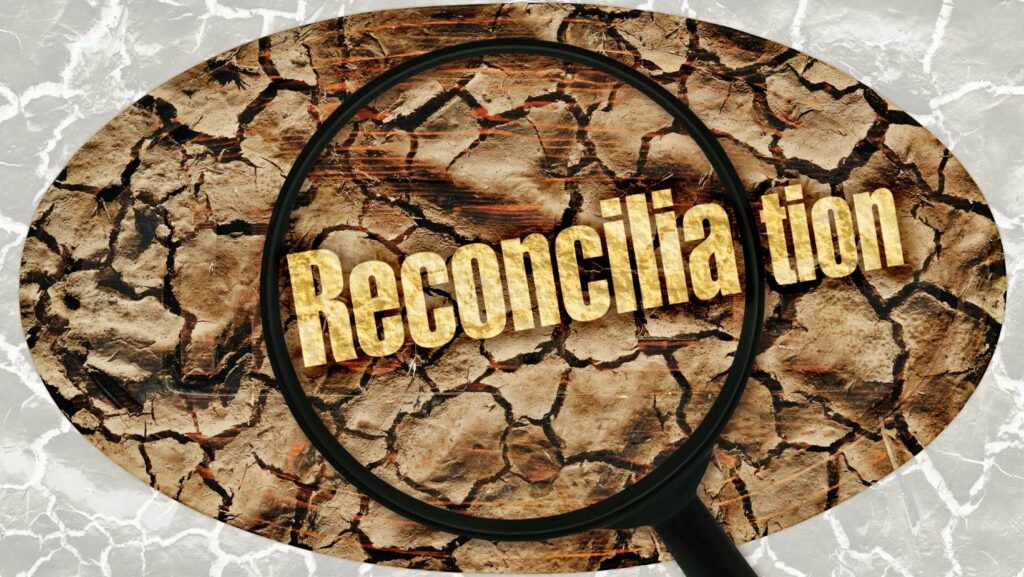
AT A GLANCE
“Reconciling for the future – European perspective for the Western Balkans” is a new project granted by the European Commission under the Instrument for Stability – Peace building Partnership support programme.
This new regional project for the Western Balkans is addressing the post-conflict reconciliation and EU integration process in Bosnia and Herzegovina, Croatia and Serbia. This one year project will be composed of three country-based panel discussions and a regional Round Table that would gather representatives of government bodies, civil society, experts and media to help improve the dialogue at regional level on the need for effective reconciliation as one of the crucial preconditions for furthering the EU integration process.
The country-based thematic panels will take place in Nis (Serbia) scheduled for early December, Mostar (Bosnia and Herzegovina) and Osijek (Croatia) scheduled for spring 2010, while the final Regional Round Table will be organised in Zagreb in June 2010.
Our partners in this action have already gained substantial experience working both locally and at regional level in support to the post-conflict dialogue and reconciliation with particular emphasis on consolidating inter-ethnic and inter-governmental cooperation:
- Centre for regionalism, Novi Sad initiated the Igman initiative – a long-standing cooperation programme connecting people from the war affected zones in former Yugoslavia.
- Center for peace and non-violence, Osijek, is known for its extensive research work and organisation of wide public debates on the war crimes.
- Local Democracy Agencies in Nis (Serbia), Osijek (Croatia) and Mostar (Bosnia and Herzegovina) are working locally to promote inter-ethnic dialogue and tolerance.

ACTIVITIES
Entire action is designed to help address the post-conflict reconciliation process between Bosnia and Herzegovina, Croatia and Serbia with particular emphasis on assessing the achieved level and quality of inter-state relations in view of the progress made toward EU integration. Based on participation of a wide range of key actors, activities also aim to address a number of challenges burdening the relations between Croat, Serb and Bosnian Muslim communities at different tiers of government within respective countries, at bilateral/cross-border and multilateral level. Through a comprehensive set of activities, the project intends both to build the capacity of non-state actors operating at local/regional level in facilitating post-conflict reconciliation, and to support their networking and coordination.
Objectives of the panel discussions and regional round table:
- How to help consolidate an effective networking of civil society actors for reconciliation and inter-ethnic cooperation at inter-state and regional level
- How to help build a shared awareness on causes and consequences of the recent conflict in the Western Balkans
- How to enhance cooperation of both state and non-state actors at different tiers of government for effective reconciliation in the region
- How to help raise awareness on reconciliation as being one of the main preconditions in the EU integration perspective
Experts, researchers, analysts and NGO practitioners from Bosnia and Herzegovina, Croatia and Serbia will be invited to submit written contributions on the above-mentioned topics and to participate in the local and regional panels.